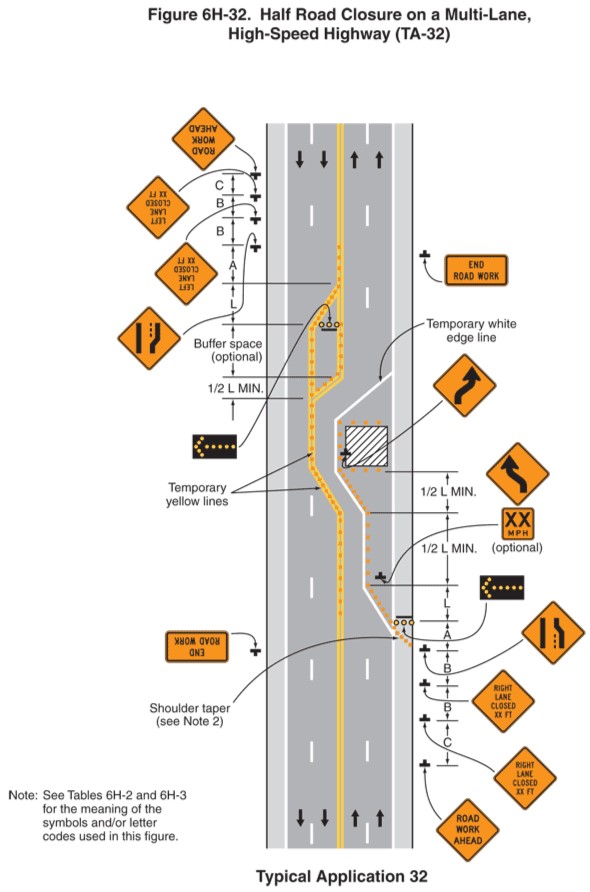Managing change is a key skill for school leaders. Even more so in the current funding climate where we have to make tough decisions. This blog looks at the importance of communication during times of change.
I was talking to Gary my network manager recently about the importance of letting colleagues know when their computers are due to be replaced as part of our network strategy. Colleagues need to know when they can expect their kit to be upgraded – even if it is not for a few years yet.
I reached for one of the standard leadership analogies; we need to mirror, signal and then manoeuvre so that people know what is going on. Our colleagues want the reassurance of knowing there is a plan and of being able to plan their own work as a result.
This led me to reflect on just how apt the mirror, signal, manoeuvre analogy is for school business leaders. Schools are busy places. There are lots of things going on, often at different speeds and there is the occasional crash but hopefully we are all heading in pretty much the same direction.
Schools, just like busy road networks, don’t work well when there are unexpected changes. At a micro level, this can be the school business manager who suddenly changes the venue of the regular staff meeting without telling anyone. At a macro level, problems occur when the government change education or examination policy at short notice and without sufficiently understanding the consequences.

For things to work well and for the ‘traffic’ of school life to keep flowing, everyone involved must be aware of what others are doing. We all need to signal our intentions early enough that we don’t surprise people around us when we change speed or direction.
Just as unexpected braking on a motorway has a ripple-effect when the cars behind all start braking, so we can inadvertently do the same to our colleagues if we initiate a new activity or make unannounced changes in our schools.
As I told my network manager this morning, we need to:
- Mirror – look around us and think about what else is going on in school before we make a change. Is now the right time? Will this change have an undue impact on our colleagues at this point in time or would it be wise to wait for a better opportunity? Can we complete the change(s) needed with the resources available?
- Signal – communicate our plan to everyone who needs to know. Do it in terms that they understand. Keeping looking around us to check that our intentions have been seen and understood.
- Manoeuvre – carry out our plan effectively and decisively. Make the changes, alter the direction of travel to reach the new destination with confidence so that those around us know that we are actually doing what we signalled we were going to do.
A cursory Google search for appropriate images to support this blog-post pulled up this image which intrigued me:

It’s amazing just how much detailed effort has to go into planning a road-closure on a busy two-lane road. If we accept that my analogy holds good and the typical school can be compared with a six, eight or even twelve lane highway, then do we make sure that we put as much effort into communicating our plans with colleagues and with pupils?
When we do communicate our plans and signal our intentions properly – is it in a way that people can understand?

My network manager and I need to make sure that we signal our intention to make changes in a language that teachers, pupils and parents can understand rather than using complex jargon, flow-charts, and acronyms.
Only then, will we avoid a crash and keep the (network) traffic flowing

Great analogy. Do you mind if I ‘borrow’ it for a presentation I have coming up this week?
Of course Stephen. Feel free!